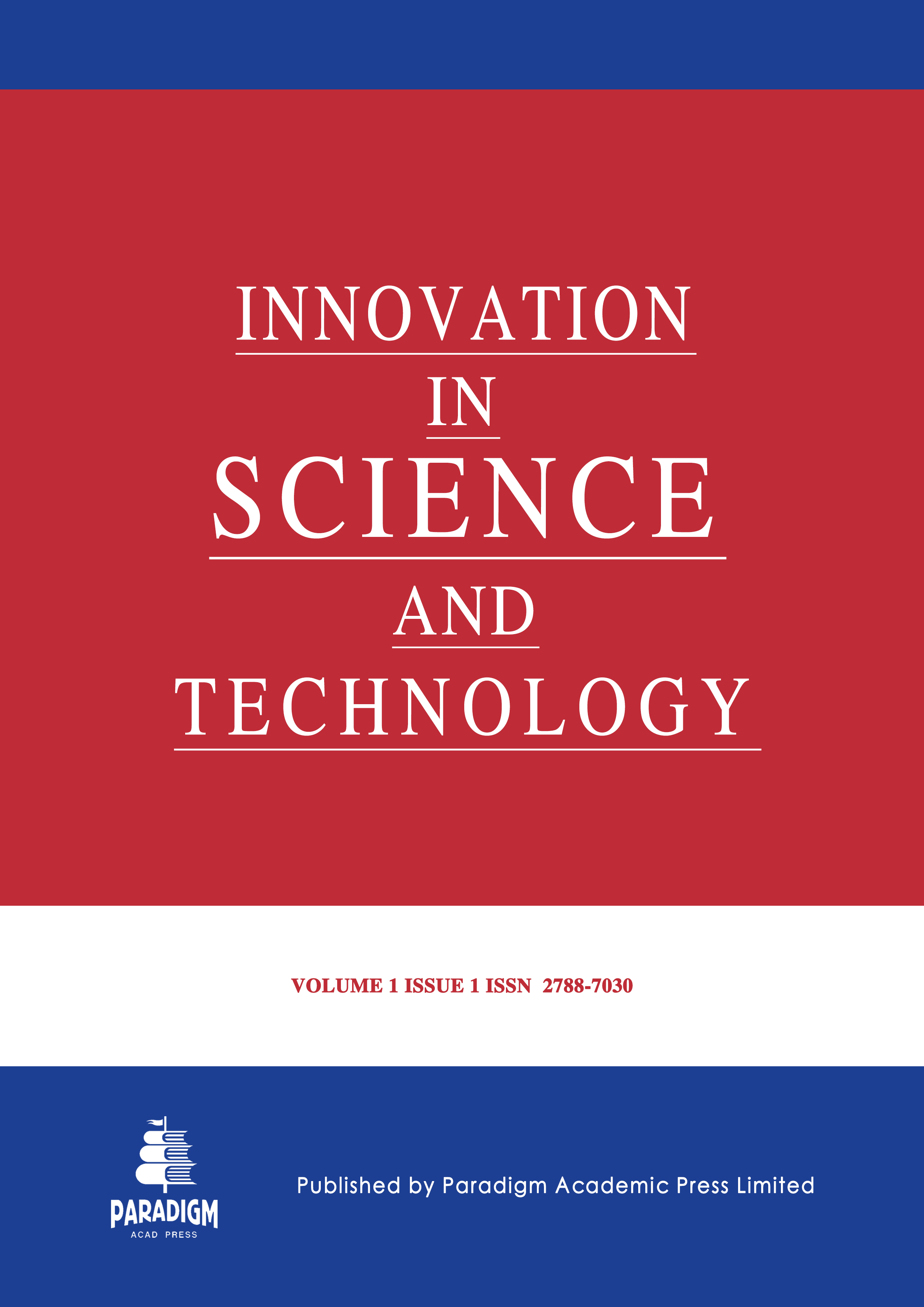The Role of ROS in Chloroplast Retrograde Signaling: Mechanisms and Regulation
Keywords:
chloroplast retrograde signaling, reactive oxygen species (ROS), photosynthesis, stress responsesAbstract
Chloroplasts are essential organelles responsible for photosynthesis and various metabolic processes in plant cells. Reactive oxygen species (ROS), generated as byproducts of photosynthetic electron transport, play a crucial role in chloroplast retrograde signaling, serving as key signaling molecules that communicate the chloroplast’s physiological status to the nucleus. This review explores the mechanisms by which ROS function as signaling molecules, the pathways they activate, and how these signals are regulated. The complex interplay between ROS production, antioxidant defense mechanisms, and environmental and developmental cues is discussed. Additionally, the functional outcomes of ROS-mediated retrograde signaling, including gene expression regulation, stress responses, and developmental processes, are examined. Understanding these processes is vital for elucidating plant adaptation and resilience under varying environmental conditions. Future research directions are proposed to further investigate the molecular mechanisms and interactions within the ROS signaling network, with the goal of enhancing crop resilience and productivity.


